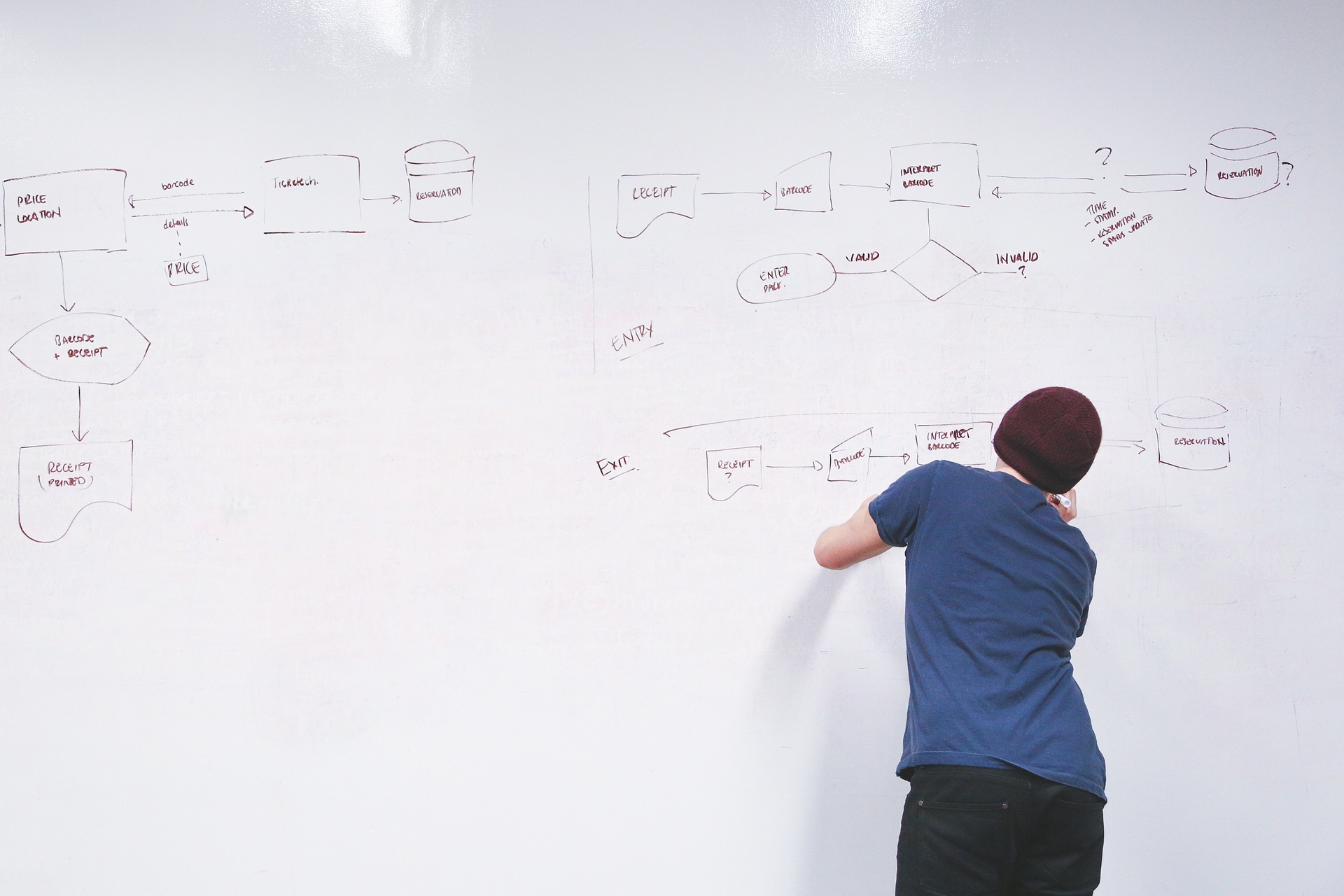After virologists and epidemiologists, experts in data, mobility and behaviour are now needed to transition from lockdown to a new normal. TU Delft is bundling its knowledge.
(Photo: Pixabay)
It was a bottom-up initiative, emphasises Prof. Deborah Nas (Industrial Design and Engineering). Researchers at different faculties were looking for ways to help fight the coronavirus using their expertise. At the Faculty of EEMCS, Telecommunication Networks Professor Piet Van Mieghem developed a model to simulate the spread of viruses in networks. The mobility, traffic flows and public transport network experts are all clustered at CEG. TPM researchers are looking into the social impacts of data usage, and at IDE, researchers are looking at how people are dealing with technology and if they even want to start using it.
‘There is a need for technological expertise’
The new COVID-19 website contains TU Delft’s ‘technology for the transition phase’. Topics include data usage for policy support; scaling up of contact tracing using artificial intelligence; creating a liveable environment in the one-and-a-half metre society; and the ethical use of data and privacy.
At present, there are eight research stories on the website. Nas expects that as engineers become more involved in regulations to ease the lockdown, more stories will be posted. After the intelligent lockdown there must be an even more intelligent easing of restrictions.
At the press conference on 19 May, Minister of Health De Jonge announced a ‘dashboard’ system that would show the status of the coronavirus in the Netherlands. The dashboard requires a smart combination of data from a wide range of sources such as traffic flows and screening. Closing up society was relatively easy; opening her up again is a complex challenge.
According to Nas, “Up to now the Government advisors have been virologists and epidemiologists. This was needed in the crisis situation. Now we are moving towards the normalisation of society and there is a need for tools to facilitate the one-and-a-half metre society and models and data to check and adjust policy. So there is a need for technological expertise and I hope that advisory groups will adjust their composition accordingly.”
Do you have a question or comment about this article?
j.w.wassink@tudelft.nl


Comments are closed.